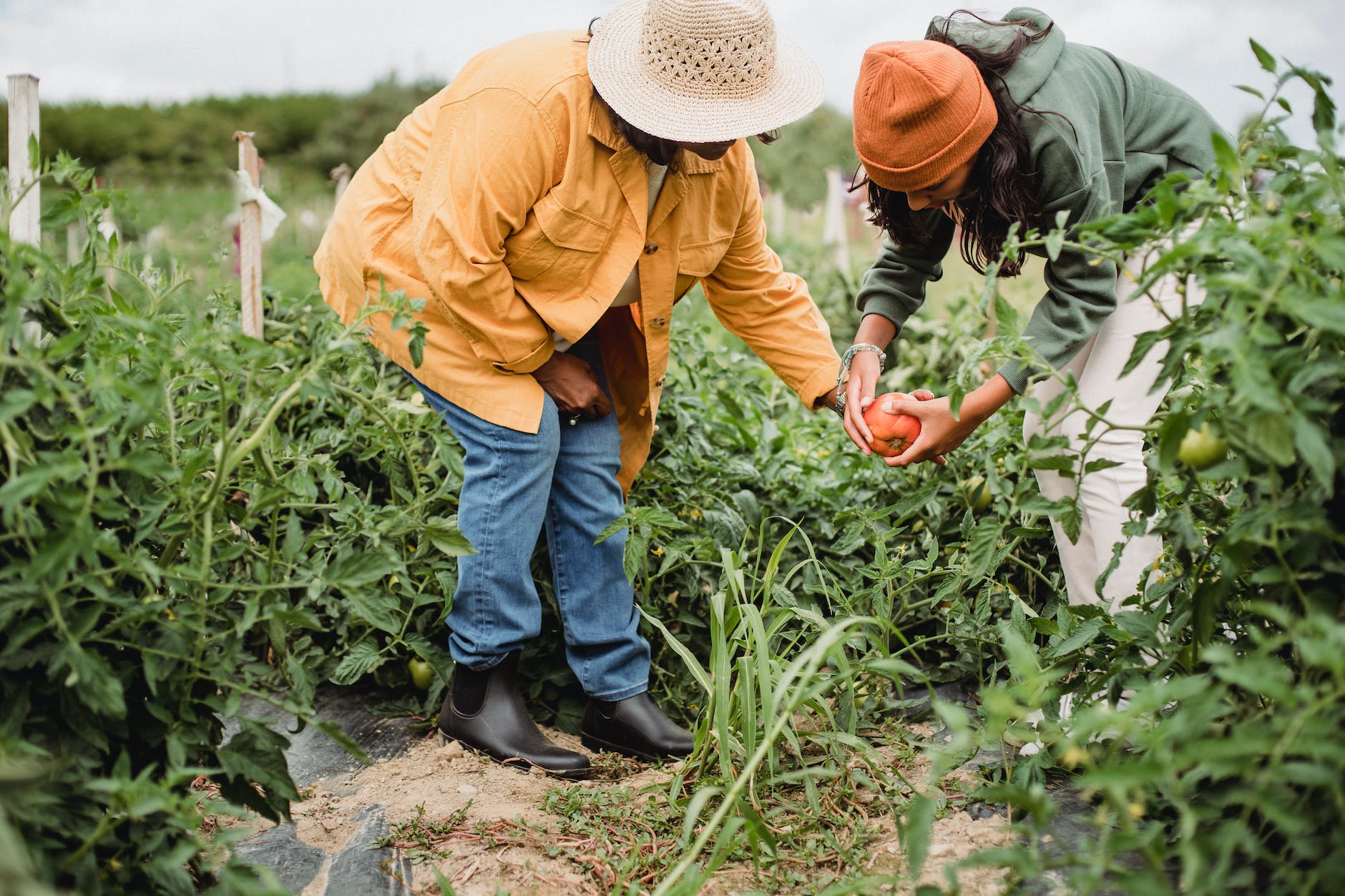
Green Success Stories checks out five ways we can transform our eating habits to promote a healthy environment and lifestyle.
In today’s world, making conscious choices about what we eat is becoming increasingly important. By adopting sustainable eating habits, we can contribute to a healthier planet and a brighter future. Here are some practical tips to help you eat more sustainably without compromising on taste or enjoyment.
- Embrace Plant-Based Foods: One of the most effective ways to reduce your carbon footprint is by incorporating more plant-based foods into your diet. Vegetables, fruits, legumes, and whole grains are not only nutritious but also require fewer resources to produce compared to animal products. Try experimenting with delicious plant-based recipes and gradually replace meat with alternatives like tofu, tempeh, or beans.
- Choose Locally Sourced and Seasonal Foods: Support local farmers and reduce food miles by opting for locally sourced and seasonal produce. This choice reduces the energy required for transportation and supports the local economy. Visit farmers’ markets or join a community-supported agriculture (CSA) program to access fresh, locally grown food while reducing your carbon footprint.
- Reduce Food Waste: Approximately one-third of the food produced globally goes to waste. By managing our food consumption better, we can significantly reduce this staggering number. Plan meals, create shopping lists, and store food properly to prevent spoilage. Get creative with leftovers, freeze excess produce, and compost food scraps to minimize waste and contribute to a healthier environment.
- Opt for Sustainable Seafood: Overfishing and destructive fishing practices are endangering our oceans. When consuming seafood, choose sustainable options that are caught or farmed responsibly. Look for certification labels like the Marine Stewardship Council (MSC) or the Aquaculture Stewardship Council (ASC), which ensure sustainable fishing and farming practices.
- Minimize Packaging Waste: Excessive packaging contributes to environmental degradation. Choose products with minimal packaging or opt for bulk purchases to reduce waste. Bring reusable bags and containers when shopping, and consider buying in bulk or using refillable options for pantry staples like grains, nuts, and spices.
Eating more sustainably is not only an investment in our planet’s health but also in our own well-being. By making small changes to our eating habits, such as embracing plant-based foods, supporting local farmers, reducing food waste, choosing sustainable seafood, and minimizing packaging waste, we can make a significant positive impact on the environment. Let’s strive to create a greener future, one plate at a time.




